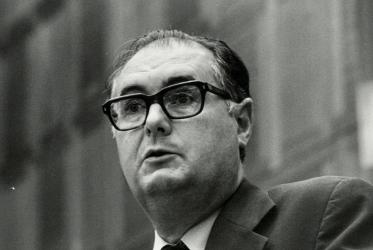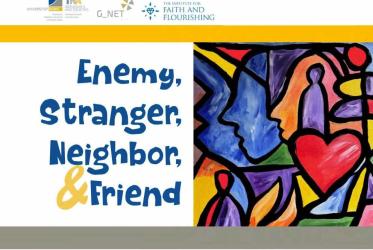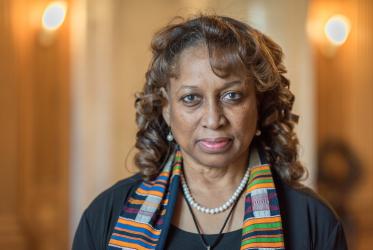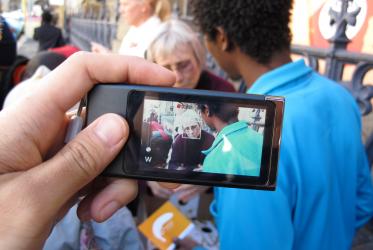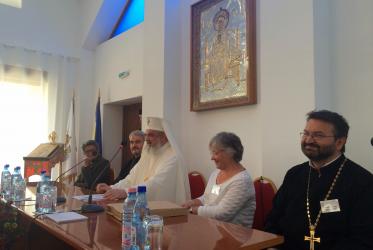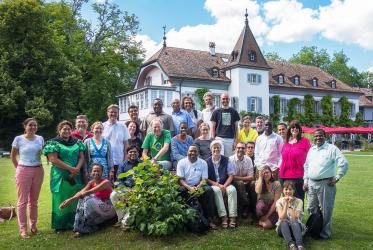Displaying 1 - 20 of 24
20 April 2023
Rev. Dr Angelique Walker-Smith receives Figel Ecumenism Award
25 February 2022
WCC to host lecture and book launch by Jürgen Moltmann
20 November 2019
WCC offers insights at Commission on the Status of Women
21 March 2019
Pope Francis at the World Council of Churches
31 May 2018
Building Capacity for Ministry with Migrant Churches in Europe
01 - 03 September 2017
Geneva, Switzerland
WCC conference explores ecological injustice in Uganda
21 April 2016
Addressing ecology, theology and justice in practice
01 July 2014
